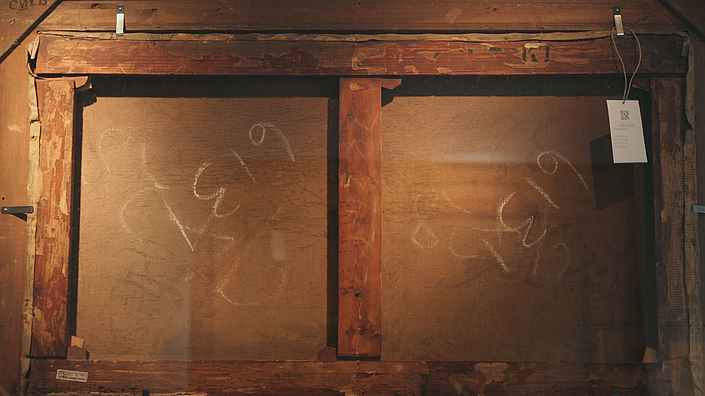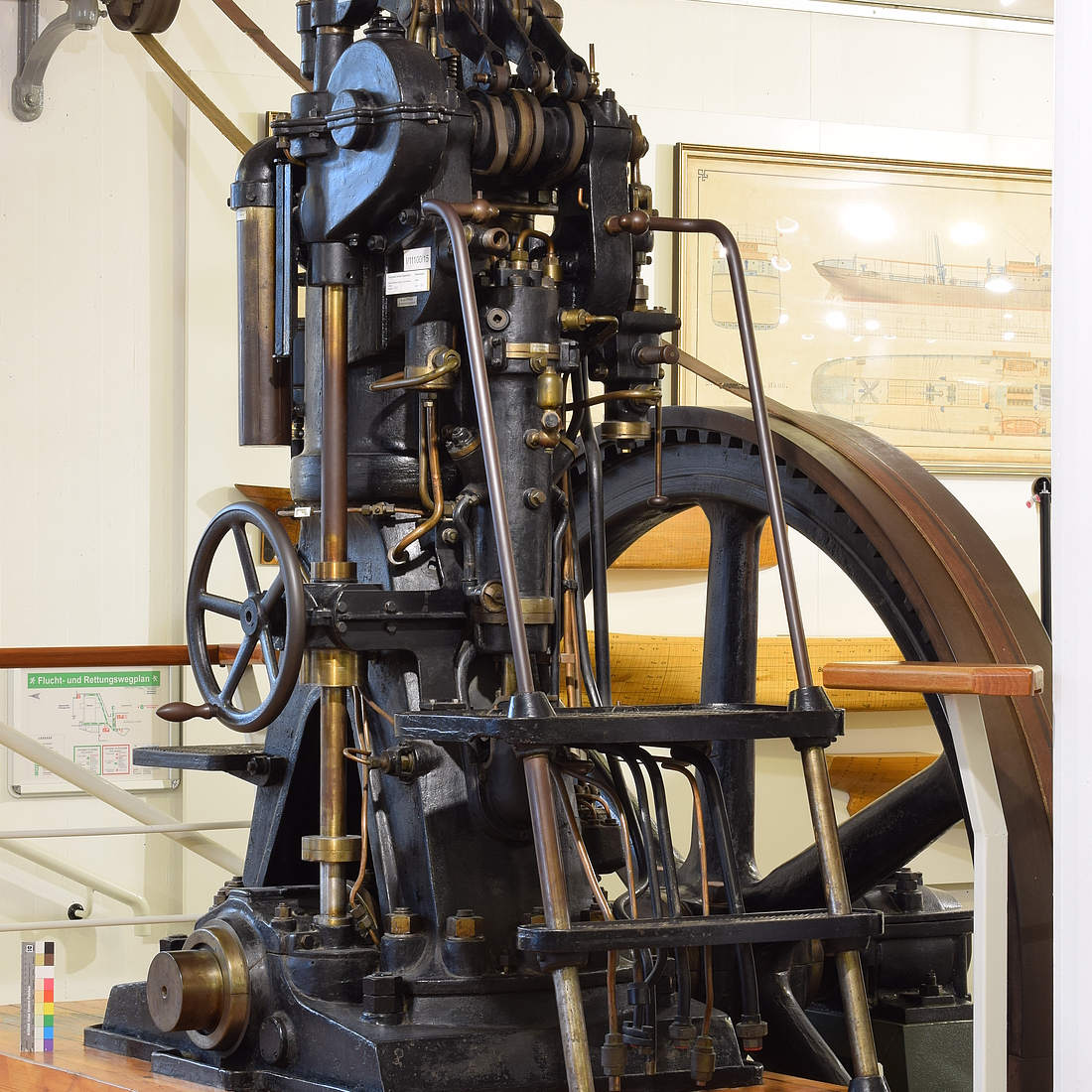Provenance research at the German Maritime Museum: An old engine and its history during the Nazi era
In 1911, the Regensburg whale and knitting factory owner Nathan Forchheimer ordered a single-cylinder four-stroke engine from the MAN company. The engine has been part of the collection of the German Maritime Museum / Leibniz Institute of Maritime History since 1976. Its provenance was unclear for a long time. Now, as part of its provenance research, the museum has discovered that the engine was unlawfully seized from the former owners of the company during the Nazi era. The heirs were located through an elaborate process and their rightful property is now being restituted. They will enter into a permanent loan agreement with the DSM so that the engine can continue to be exhibited.
How did such an engine end up in the DSM? According to a newspaper article in the Nordsee-Zeitung in 1976, it came into the possession of the museum after having previously served as an emergency generator on an estate. Before it was used as a museum object, it was overhauled again by MAN so that it could be exhibited fully functional as an example of earlier forms of propulsion. The engine is also to be given a permanent place in the new permanent exhibition currently being designed by the DSM. More information on the engine can be found in the Lost Art database (http://www.lostart.de/DE/Fund/5857499).
The starting point for the discovery of the ill-gotten property was the question of what role the engine played in shipping and the knowledge that it came from Regensburg and was owned by Jewish people there. Dr. Kathrin Kleibl, provenance researcher at the DSM, then set out to find more details and discovered that the Forchheimer family, pressured by the Nazi regime, had been forced to sell the company far below its value to the Rathgeber company and had subsequently emigrated to the USA. Any equipment of the predecessor company went to the Rathgeber company according to the purchase contract and remained in the company, be it employees, machines or materials. So also the engine examined by the museum. Kleibl started to search for the descendants, which was complicated by the fact that they changed their names when entering the USA.
Forchheimer's descendants, who have now lived in the United States for several generations around Pennsylvania, Illinois and Florida, would like the engine to be preserved for the museum. They have agreed to a permanent loan of the engine to the DSM on the condition that it be inscribed with a note about its history. A plaque with a note about the original owners of the engine and a reappraisal of its history in the course of the family's persecution and emigration will be placed next to it in the future.
The emigration history of the Forchheimers is extraordinary: Rosalie Forchheimer, widow of the company founder Nathan Forchheimer, left Germany only shortly before the beginning of the war in 1939. While the other family members had already emigrated to the USA in 1938, she continued to maintain the house belonging to her property, which bordered the sold company premises. She took in many people persecuted as Jews there at low rent until she was pushed to sell the house under the political pressure of the Rathgeber company. The reason given was that the "Aryan" employees of the company would not have tolerated seeing the Jewish tenants during their break.
Kleibl's research also revealed that the family's former company building still exists. Today, it houses a boarding school. The school's principal has been inspired by the DSM's research to initiate a history project with his students in which they are researching the biography of the building.
The path to locating possible descendants of an object to be restituted is individual in each case and often involves detective work. In this case, it was possible to reconstruct a family tree through several genealogical databases. Death notices of Karl Forchheimer's deceased son in turn provided names of his children. Finally, Kleibl came across an heiress who worked as a teacher and immediately contacted other family members.
The research took place as part of a three-year provenance research project at the DSM, funded by the German Center for the Loss of Cultural Property in Magdeburg. In this context, the DSM systematically examines its holdings for cultural property unlawfully seized during the Nazi era.
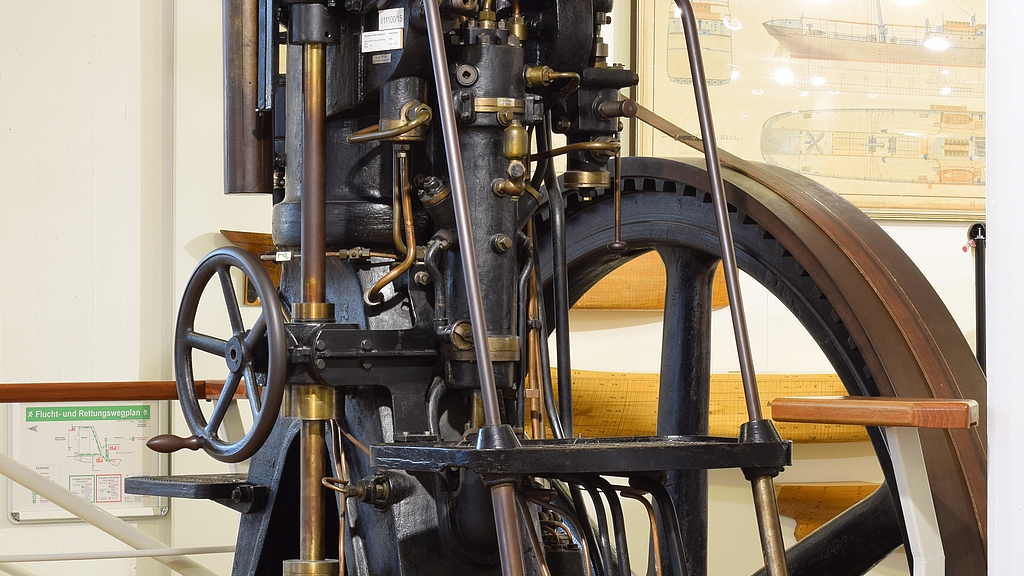
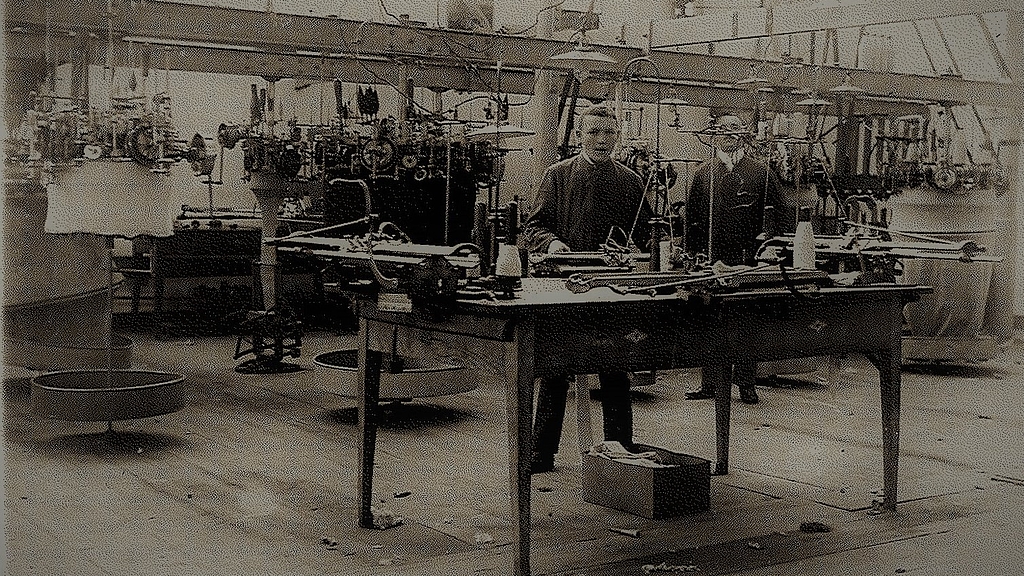
Related articles
-Verbleib von Übersiedlungsgut jüdischer Emigranten
Das Forschungsrojekt hat zum Ziel, den Weg des Übersiedlungsgutes jüdischer Emigranten vom Verlassen des Hauses bis hin zum Käufer nachvollziehen zu können.
Weiterlesen
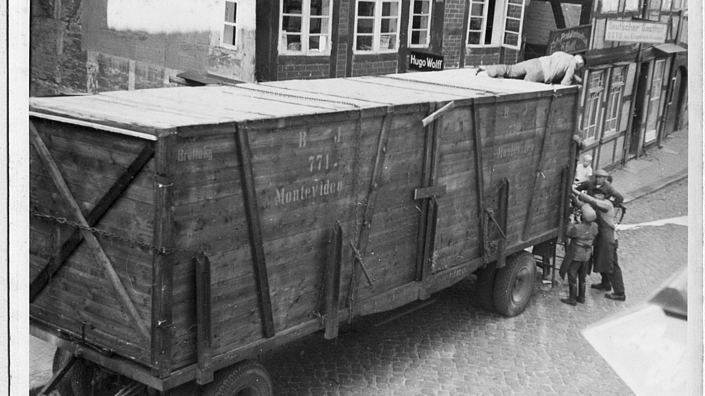
Provenienzforschung
Das DSM überprüft seit 2017 systematisch seine Sammlung auf die Provenienz (Herkunft) der Kulturgüter. Das Deutsche Zentrum Kulturgutverluste unterstützt das Projekt.
